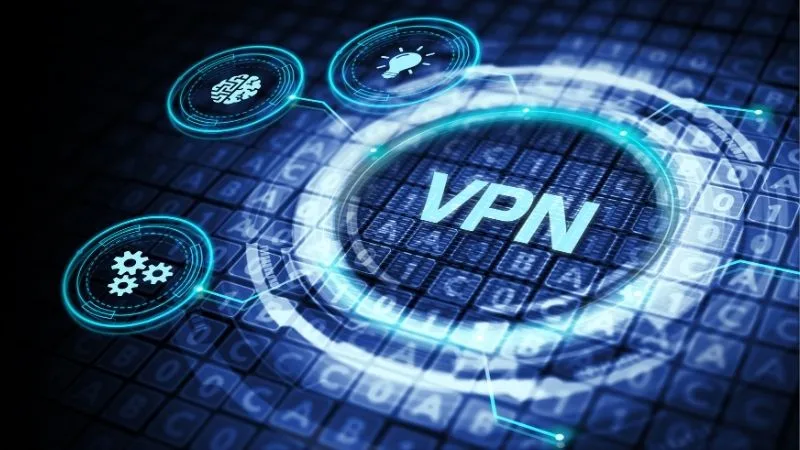Today, with the widespread use of the Internet, the security of personal data and online activities has become important. Internet users want to protect their online privacy and security for various reasons. This is where VPN (Virtual Private Network) comes into play. VPN is a network technology that encrypts your internet connection and hides your IP address. So, what is VPN, why is it used and how to use it?
What is a VPN?
VPN stands for “virtual private network”. This technology opens an encrypted tunnel from the physical location of your computer or mobile device to the network you connect to. The information transmitted through this tunnel cannot be viewed from the outside because it is encrypted. VPN solutions usually encrypt internet traffic by creating private networks and hide your IP address. Thus, when you connect to the internet, the IP address of the VPN provider’s server appears instead of your real IP address.
Why Use a VPN?
1. Online Privacy and Security
VPNs help internet users protect their online privacy and security. When you connect to the internet using a VPN, all your internet traffic is encrypted and your IP address is hidden. This reduces your risk of being tracked by your internet service provider, government authorities, or other malicious actors. A VPN also allows you to browse public Wi-Fi networks (airports, cafes, hotels, etc.) securely and prevents your personal data from being stolen.
2. Overcoming Internet Access Barriers
In some countries, access to certain websites or content is blocked. By using a VPN, you can bypass geographical restrictions and access blocked websites. By using the VPN provider’s server, you change your IP address and create the impression that you are in another country. Thus, you can access blocked websites and bypass censorship.
3. Securing Your Internet Connection
A VPN provides protection against online threats by securing your internet connection. By using a VPN, you can prevent other users on the network you are connected to from tracking you or stealing your personal data. In addition, the servers of VPN providers are usually protected by security measures, thus providing additional protection against malicious attacks.
How to Use a VPN?
Using a VPN is quite easy and can usually be set up in a few steps.
1. VPN Provider Selection and Setup
The first step is to choose a reliable VPN provider. VPN providers have many options and each has different features and pricing. When choosing a VPN provider, you should consider their security features, server locations, and speeds. You should also choose a provider that provides a VPN application suitable for the device you will use.
Once you have selected the VPN provider, go to the website of your chosen VPN provider, download the application and follow the installation instructions. Installation is usually carried out in a few simple clicks.
2. Starting VPN Application and Server Selection
After starting the VPN application, you will usually see the server list. In the server list, you will see servers located in many different countries. Select the country you want to connect to and click the connect button. The VPN app will provide an IP address for you.
3. Checking the VPN Connection
To check your VPN connection, you can see the connection status in the VPN application’s interface. Once the connection is established, you can start using the VPN. When you connect to the internet, all your internet traffic is encrypted and hidden through the VPN tunnel.
4. Switching off the VPN Connection
When you want to switch off the VPN connection, open the VPN app and click the stop connection button. After the connection is closed, your internet traffic is forwarded directly over the network to which you are connected.
5 Best VPNs
We said that VPN providers have many options. Here are the 5 best VPN providers:
- ExpressVPN: Offers fast connections, a wide server network, and secure encryption.
- NordVPN: It boasts strong security features, a variety of server options, and a user-friendly interface.
- CyberGhost: It has an easy-to-use and user-friendly interface. It offers the possibility to connect to multiple devices at the same time.
- Surfshark: Offers unlimited device connectivity, strong security features, and fast connectivity.
- Private Internet Access (PIA): Offers affordable pricing, user privacy-orientated policies and secure connectivity.
Conclusion
VPN is a technology that helps internet users protect their online privacy and security. Using a VPN, you can encrypt your internet traffic, hide your IP address, and access blocked websites. VPN is easy to use and you can choose from many VPN providers. By choosing one of the best VPN providers, you can relax about privacy and security on the internet.

